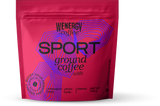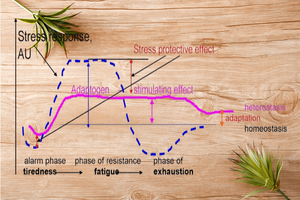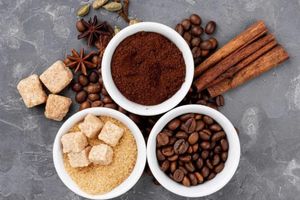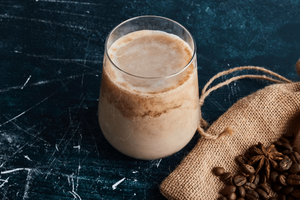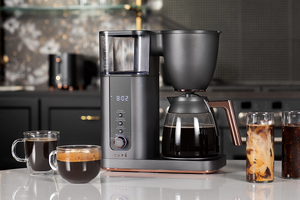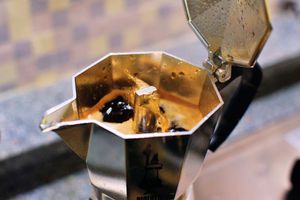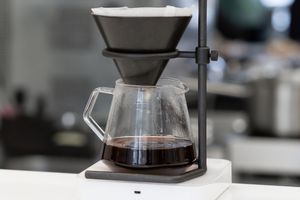The caffeine in coffee has been shown to increase athletic performance, a fact that many athletes know. This stimulant not only fuels the body during exercise, but also aids in recovery after exercise.
Research suggests that moderate coffee consumption can improve both endurance and high-intensity exercise. Benefits include delayed fatigue, reduced soreness, and faster recovery.
But how does caffeine work? It blocks adenosine receptors in the brain, leading to adrenaline production and improved blood flow. This not only combats fatigue, but also reduces pain. While coffee can be a performance enhancer, athletes should be mindful of their intake to avoid potential negative effects.
Costill, D. L.; Dalsky, G. P.; Fink, W. J., Effects of caffeine ingestion on metabolism and exercise performance. Medicine and science in sports 1978, 10, 155-8.
Grgic, J.; Grgic, I.; Pickering, C.; Schoenfeld, B. J.; Bishop, D. J.; Pedisic, Z., Wake up and smell the coffee: caffeine supplementation and exercise performance—an umbrella review of 21 published meta-analyses. British Journal of Sports Medicine 2019, bjsports-2018-100278.


